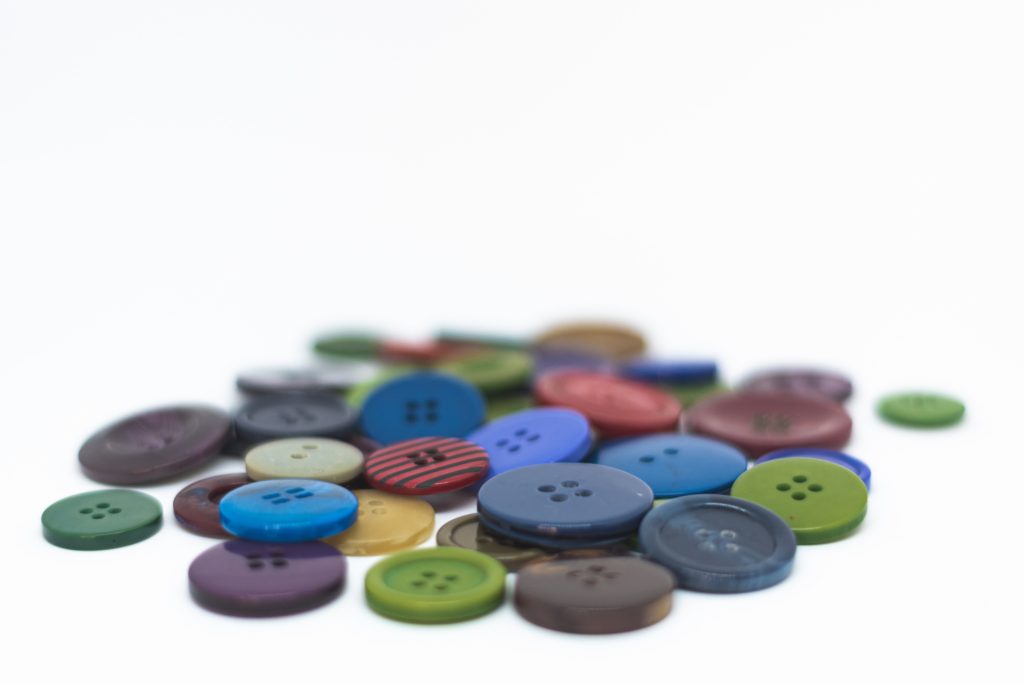 Hands
Hands
Before Parkinson’s, my fingers and hands worked better than they do now. I don’t mean to boast, but, for example, I used to be able to change my girls’ diapers with one hand. My ability developed over the course of weeks and, out of necessity, was honed over a longer period of time.
My wife Tracey and I produced two daughters—two active daughters, Meredith and Holly, now ages 16 and 14—who treated a diaper change like a pit stop in the Indianapolis 500. Parked on the changing table, they kept their engines revved up, and the pit crew had mere seconds to get the job done.
When I was the sole member of the diaper change pit crew, one of my hands served as brakes, keeping those revved-up little bodies from speeding away, while the other hand accomplished the diaper change. Being a bit competitive, I started timing myself; and by the time Holly was toilet trained, I could do a full pit stop, one-handed, consistently in less than 30 seconds. My best time was 25 seconds. Wipes included!
The Button
Now, 14 years later, I struggle some days with buttoning my shirt sleeves, especially my right one, as my dexterity in my left hand comes and goes. My fingers don’t move like they used to. PD has affected me most on my left side, and I’m left-handed.
The Button represents several things for me. First, it reminds me that Parkinson’s doesn’t get better. It’s a progressive illness and the difficulty I have with buttoning my right shirt sleeve will only increase. As I dress for work each morning, I face that hard reality.
On the other hand, The Button also reminds me that, in many cases, those of us who struggle with physical challenges can find workarounds. We are a resourceful bunch! I know numerous people living with Parkinson’s who avoid buttons altogether, opting for different types of shirts, and who wear slip-on shoes so they don’t have to tie shoelaces, and who shave only with an electric razor.
More importantly, The Button reminds me to practice self-compassion and acceptance. By self-compassion I mean the need to give ourselves a break from the pressure to always have ourselves put together, fronting out with our most impeccable appearance, the tidiest and most pristine versions of ourselves. Perhaps the most telling thing about my daughters and their pit stops is that they could not have cared less if their naked butts were visible to the world. There are lessons to be learned from that, just as there are from buttons on clothing.
Helpers
My buddy Dan Stultz also lives with Parkinson’s and has for 14 years. He gave up practicing medicine a few years ago but he still shows proficiency with a chainsaw and bulldozer. Dan often says that when it comes to living with Parkinson’s, “It is what it is.” Accepting it and doing the best we can, its challenges notwithstanding, is our choice to make. We are a lot happier when we do this. We live more at peace. We are also more productive.
Dan also reminded me recently that, eventually, everyone deals with physical or other kinds of challenges. Everyone. Life is what it is. Parkinson’s just happens to be Dan’s and my challenge, and maybe yours.
Sometimes, when I peer into an imagined future, I think about the time when I will have to ask for help buttoning my shirt, or with other basic tasks of daily life, whether from Tracey or from Meredith or Holly. “Will this be the year?” I ask myself.
Honestly, though I keep trying to delay it, whenever that year comes, I’ll be OK with it. I’ll be ready to ask for the help I need from Tracey, Meredith, Holly, and others in my life; and I will be eager to help them too if they have the need. This is just what we do.
It’s also possible that as Meredith and Holly button my shirt sleeves, I’ll time them.
I might even try to speed away.
__________
Photo by Xavi Cabrera on Unsplash
Allan Cole is Deputy to the President for Societal Challenges and Opportunities at The University of Texas at Austin, where he also serves as the Bert Kruger Smith Centennial Professor in Social Work in The Steve Hicks School of Social Work and, by courtesy, as a professor of psychiatry and behavioral sciences at the Dell Medical School. Diagnosed with Parkinson’s in 2016, at the age of 48, he is the author or editor of many books on a range of topics related to bereavement, anxiety, and spirituality. His latest books are Counseling Persons with Parkinson’s Disease (Oxford University Press) and his first book of poetry, In the Care of Plenty: Poems (Resource Publications). His next book, Discerning the Way: Lessons from Parkinson’s Disease (Cascade), will be published in late 2021. Follow him on Twitter @PDWise.
